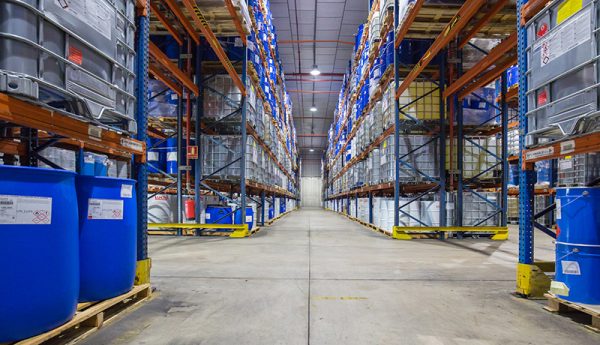In the world of pharmaceuticals and healthcare, efficient distribution and warehousing play a pivotal role in ensuring that essential drugs and medical supplies reach their destinations on time. Warehousing companies are the unsung heroes of the drug supply chain. In this blog, we will discuss the vital role these companies play and the main types of warehouses they operate.
Understanding Warehousing Companies
Warehousing companies are integral to the pharmaceutical industry. They are responsible for storing, managing, and distributing various medical products, including pharmaceuticals, medical devices, and healthcare supplies. The primary goal of these companies is to streamline the supply chain, reduce costs, and ensure the availability of critical healthcare items when and where they are needed.
What are the Main Types of Warehouses?
Warehouses come in various types, each serving a specific purpose within the pharmaceutical supply chain. Here are the main types of warehouses operated by warehousing companies:
- Distribution Centers: Distribution centers are strategically located hubs that act as intermediaries between manufacturers and end-users. They receive bulk shipments of pharmaceutical products, break them down into smaller units, and then distribute them to pharmacies, hospitals, and clinics.
- Cold Storage Warehouses: Many pharmaceutical products, such as vaccines and biologics, require strict temperature control. Cold storage warehouses have specialized refrigeration and monitoring systems to ensure that temperature-sensitive drugs remain viable throughout the supply chain.
- Third-Party Logistics (3PL) Warehouses: Some pharmaceutical companies outsource their warehousing and distribution operations to 3PL providers. These companies specialize in handling the logistics and distribution needs of pharmaceutical manufacturers, allowing them to focus on their core business activities.
The Role of Warehousing Companies in Drug Supply Chains
Now, let’s delve deeper into the critical role played by warehousing companies in drug supply chains:
- Inventory Management: Warehousing companies excel in maintaining accurate inventory levels, ensuring that pharmaceutical products are neither overstocked nor out of stock. This efficiency minimizes wastage and prevents shortages.
- Compliance: Pharmaceutical products are subject to safety standards and strict regulations. Warehousing companies are well-versed in compliance with industry regulations, such as those set by ICAO, DOT, IATA, and IMDG. They classify, label, and package products correctly to meet these stringent requirements.
- Cost Efficiency: By optimizing storage and distribution processes, warehousing companies help pharmaceutical manufacturers reduce operational costs. These cost-saving measures can be passed on to consumers, making healthcare more affordable.
- Customization: Warehousing companies understand that each pharmaceutical client has unique needs. They work closely with manufacturers to create customized sample programs that offer better service levels and cost-effective solutions without compromising product quality.
To Summarise
Warehousing companies are the backbone of the pharmaceutical supply chain, ensuring the efficient storage and distribution of essential drugs and medical supplies. Their expertise in managing various types of warehouses, strict compliance, cost efficiency, and customization make them invaluable partners for pharmaceutical manufacturers.
If you are looking for a reliable warehousing partner to enhance your pharmaceutical supply chain, contact OctoChem, Inc.

